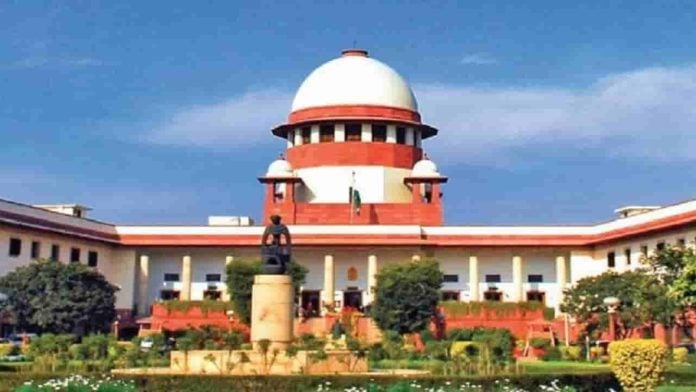The Supreme Court has sought response from the Reserve Bank of India on a petition challenging the Kerala High Court order, which had lifted the loan restrictions imposed by RBI on Thiruvalla East Co-Operative Bank Ltd.
The notice was received by Attorney General R. Venkataramani, who appeared for RBI before the Division Bench of Justice Sanjay Kishan Kaul and Justice Sudhanshu Dhulia on Friday.
The AG contended that RBI had conducted an inspection at the headquarters and various branches of the cooperative bank before issuing a prohibitory order.
As per the Central Bank, the inspection report revealed some deficiencies in banking practice, including some loan advance schemes that were susceptible to foul play.
The AG further said that RBI imposed restrictions on the cooperative bank based on this inspection report.
Earlier, a Division Bench of the Kerala High Court had upheld the order of a Single-Judge Bench that lifted the restriction placed on the Co-Operative Bank by RBI to stop further sanction/disbursal of loans and advances as the bank was not given an opportunity of hearing.
The High Court mentioned the Banking Regulation Act, 1949, stating that RBI could not completely prohibit the transactions of the bank under Sections 35 and 36 unless there were exceptional circumstances to do so.
The High Court Division Bench ruled that factual appreciation was required before passing orders of prohibition and that an opportunity of hearing must be given to the banking company before passing such an order.
It said in normal circumstances, RBI could not pass a prohibitory order under Section 36(1) without giving the banking company an opportunity of being heard. The High Court noted that the deviation was exceptional and that too, to protect the public interest.
It said if RBI intended to pass such an order, it must demonstrate with reasons in the order itself how the larger public interest would adversely be affected if prohibition order was not imposed.


